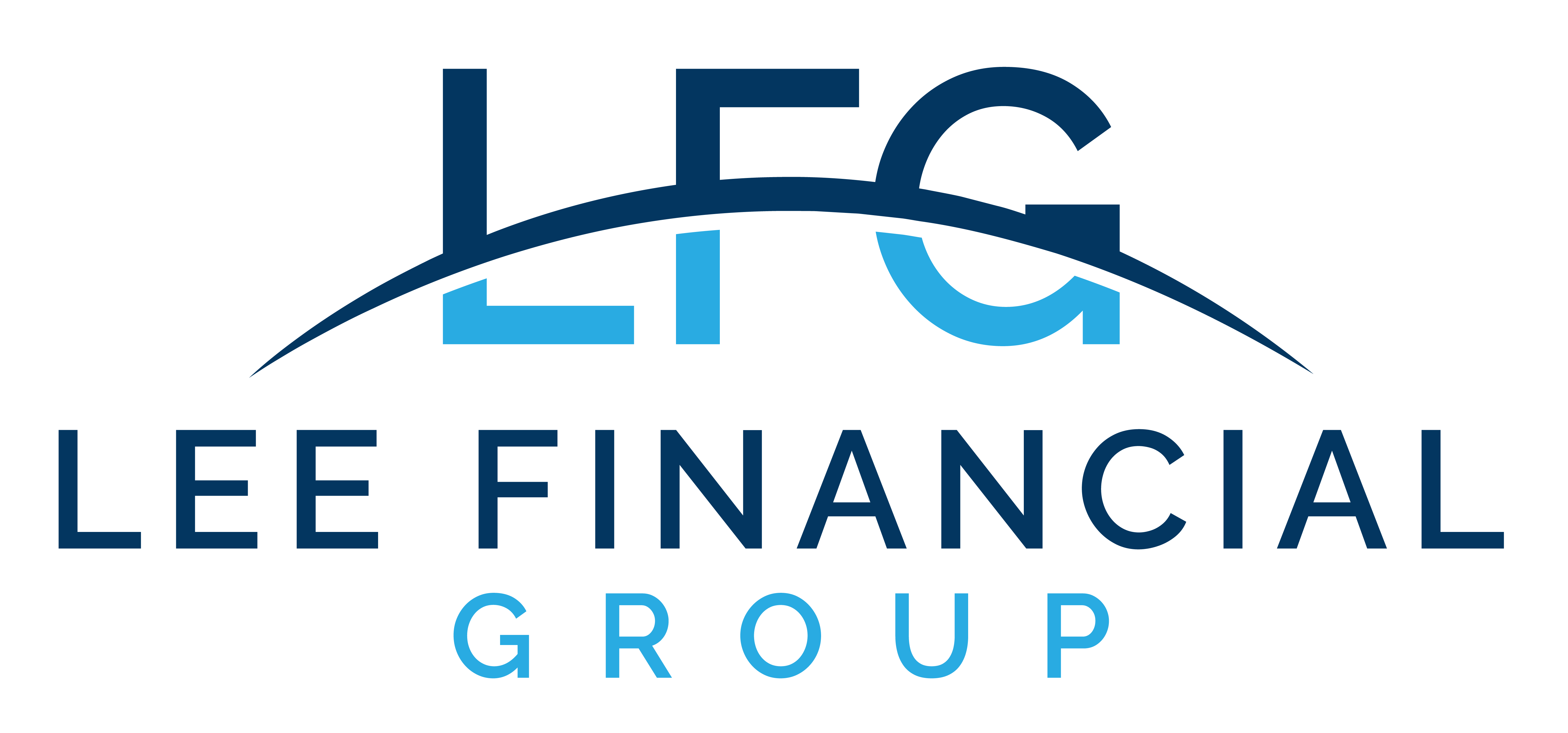Working from home has proved to be the tip of the spear regarding how employees engage with their employers. The necessity of doing your job from home meant rethinking living/working spaces, finding ways to carve out uninterrupted work time, and balancing a host of new pressures in already busy lives.
But even though many people report working more, working from home is overwhelmingly popular. The Buffer.com State of Remote Work 2023 report found that 98% of survey respondents would like to work remotely, at least some of the time for the rest of their careers. Workers report that flexibility is what they prize most, edging out higher pay.
For companies, adjusting to the new reality that employees want more flexibility is just the beginning. Workers also want a corporate culture that emphasizes well-being. The difficulties that everyone has faced over the last several years have refocused employees on the importance of creating work/life balance. Companies that aren’t keeping up with the change are finding themselves on the losing side of staff turnover.
Added to this is the ongoing strength of the job market, which is creating more options. Part-time work, gig work, and side hustles are all possible and provide everything from a permanent shift to a way to support yourself while you reassess. It’s unnecessary to slog away at a job that is no longer satisfying while you work to find something else.
Understand What’s Driving Your Decision
In some cases, the decision to leave a job is based on a clear motive. For example, if your company requires a return to the office and you don’t want to, or you were up for a promotion and didn’t get it. Quitting – sometimes on the spot – can feel like the best response you can make to an unfair situation.
It’s not usually that simple, though. If you’re thinking about changing jobs, break the decision down into two parts. The first is about you and what you want. The second is about assessing whether your current job does or can provide for your needs and, if not, what you should do.
What’s Your Purpose?
Finding meaning in work requires the fulfillment of purpose. Do you know what yours is? How do you define yourself? Think about your role in the company, who you interact with, and how those interactions go. For example, a woman who works at NYC Health and Hospitals defines her purpose as working to make New Yorkers healthier. She doesn’t see the City of New York as her employer; she feels that New Yorkers are her stakeholders and strives to do an excellent job because she is paid with their tax dollars. Her actual job role and responsibilities are unimportant to her defined purpose. Creating a mission statement for yourself that encapsulates your purpose and how you will derive meaning from work is the starting point of understanding if your job is fulfilling.
How Can You Shape Your Work?
If your current job does not allow you to fulfill your purpose, think through why not and if it can change.
- Is there a different role you can take on?
- What is the path to getting promoted/gaining more responsibility?
- Do you believe your manager is ethical and has your interests at heart?
- Is there a different manager or department you can move to at the company?
- Would incorporating more philanthropy/volunteerism into work help you?
- Survey the Landscape
If you’ve decided that your current company is not where you want to spend your working life, you’ve opened up essentially unlimited choices for yourself. Job boards such as LinkedIn can be invaluable sources of information. Don’t approach this as a job search yet – you’re not looking at specific companies that fit your existing profile, or you’d most likely stay at your job. Unless you are moving because you genuinely don’t like your company but want to do the same thing somewhere else, this is an opportunity to rethink your career.
- What makes you comfortable?
- What makes you uncomfortable?
If you’ve built up specific expertise, you may find renewed purpose in moving from a traditional corporate role to a start-up company. The ability to build something, stretch yourself, and be a crucial part of a team are all things that start-ups offer. They also come with more risk. Will that work for you?
If your existing company had a different corporate mission, would that make you more inclined to stay? For example, if sustainability is important to you, can you work within your company to create a culture that prioritizes those values? If not, can you find a company in your industry that does?
- Do your skills translate well?
- What jobs are adjacent to your job?
Depending on what you want to do, you may be able to execute a career change. Start by identifying your core skills, and then do searches on them. What comes up? Is there an application of your skills that is more appealing to you?
The Negotiation
Do you know how much you are worth? What do other companies pay for people with your experience and skill set? Utilizing job boards can help you find different salaries, as can salary-reporting websites. Or you can work with a recruiter to understand your market value.
Whether you stay at your firm or jump to a new opportunity, you will have the ability to negotiate your compensation, responsibilities, and workday structure. You want to approach this thoughtfully – changing jobs is disruptive, and you don’t want to be in a similar boat just a few years down the line.
Delineate what you expect, what you can and cannot live with, and what each piece of a compensation package is worth to you. For instance, is a 401(k) match more important than stock options?
If An Exit Is Your Preferred Option
Sometimes, the only solution is to leave the working world behind. If you want to quit your job to take a sabbatical, start your own company, or make another change, you should first have a plan in place.
- Top up your emergency fund – this is in addition to saving enough money to pay expenses for some time. An emergency fund is for unexpected items, so always keep a reserve.
- Undertake a budgeting exercise and pare back where you can
- Rethink your investments and your debt. Are you taking enough risk to compensate for losing additional contributions to your retirement fund? Can you refinance debt to reduce the expense?
- Set a time limit. You need to know how much to save and how long your cash will last. Check-in every month to be sure you are on track.
The Bottom Line
Finding meaning in work and contributing to a company that you feel has your best interests at heart is increasingly important. If you’re thinking of making a shift, be sure to get your finances in order first to land on your feet.






What a Weaker Dollar Means for Your Investments